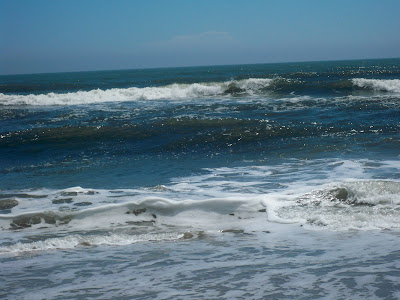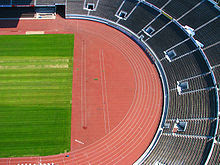Up and Out
The colors drew me outside earlier than I’d planned to go. Oranges and reds on the horizon, or what I could see of the horizon through our trees. The sky was firing up, and it was time to walk.
I moved eastward as if by instinct, following the sun. By the time I’d made it to the corner, though, the sky was already draining into blue, so brief was this morning’s brilliance.
But still, it was enough to drag me from the house into a stiff and uncertain wind, to begin the outside part of the day before I was entirely ready for it. Not altogether a bad idea.
There is something to be said for spontaneity, for lack of hesitation, for being moved by beauty. Not moved as in touched, but literally moved. Propelled to lace up the shoes, open the door, step outside.
Not every time, but often enough, the day is changed just by entering it.



